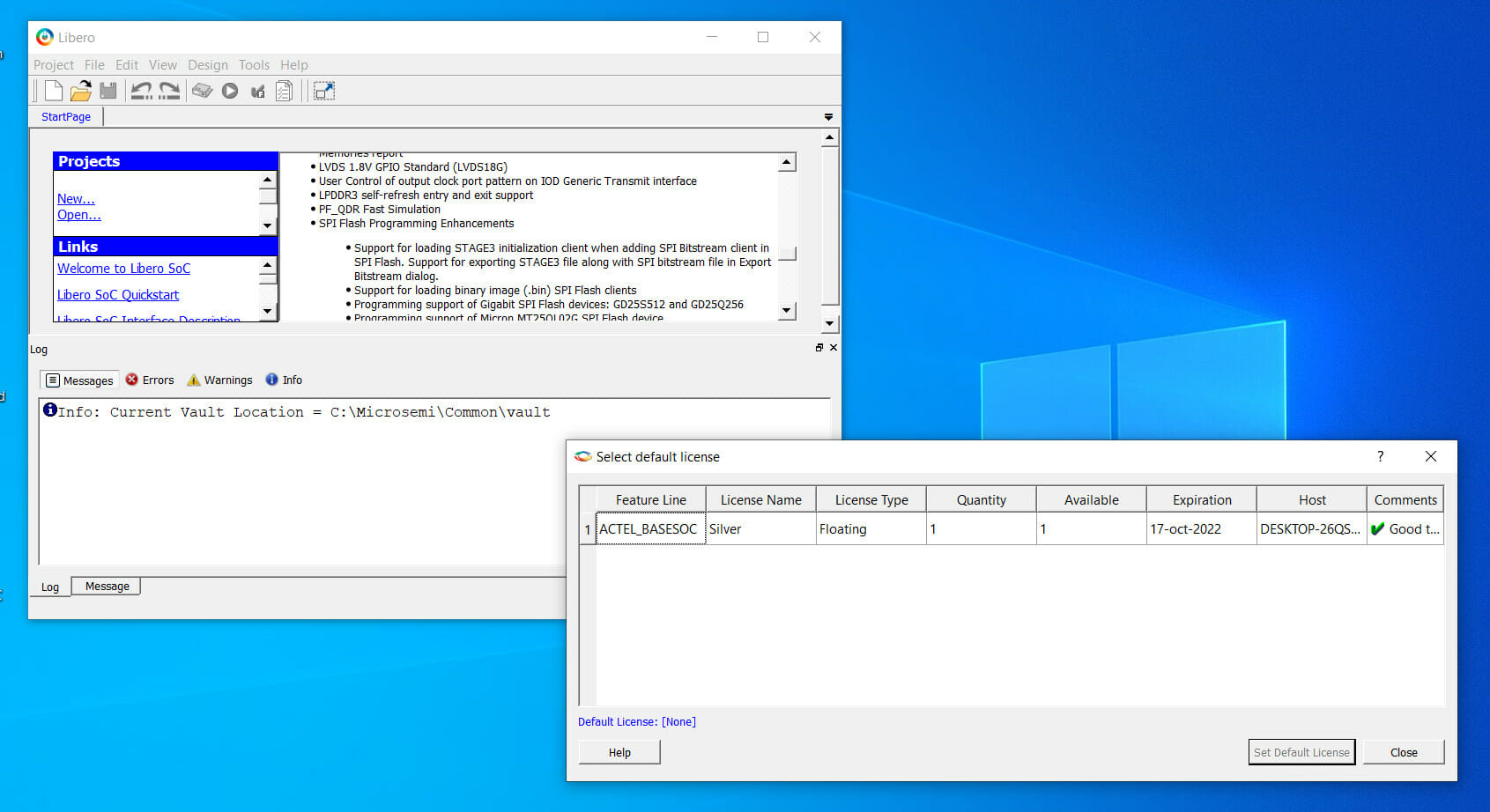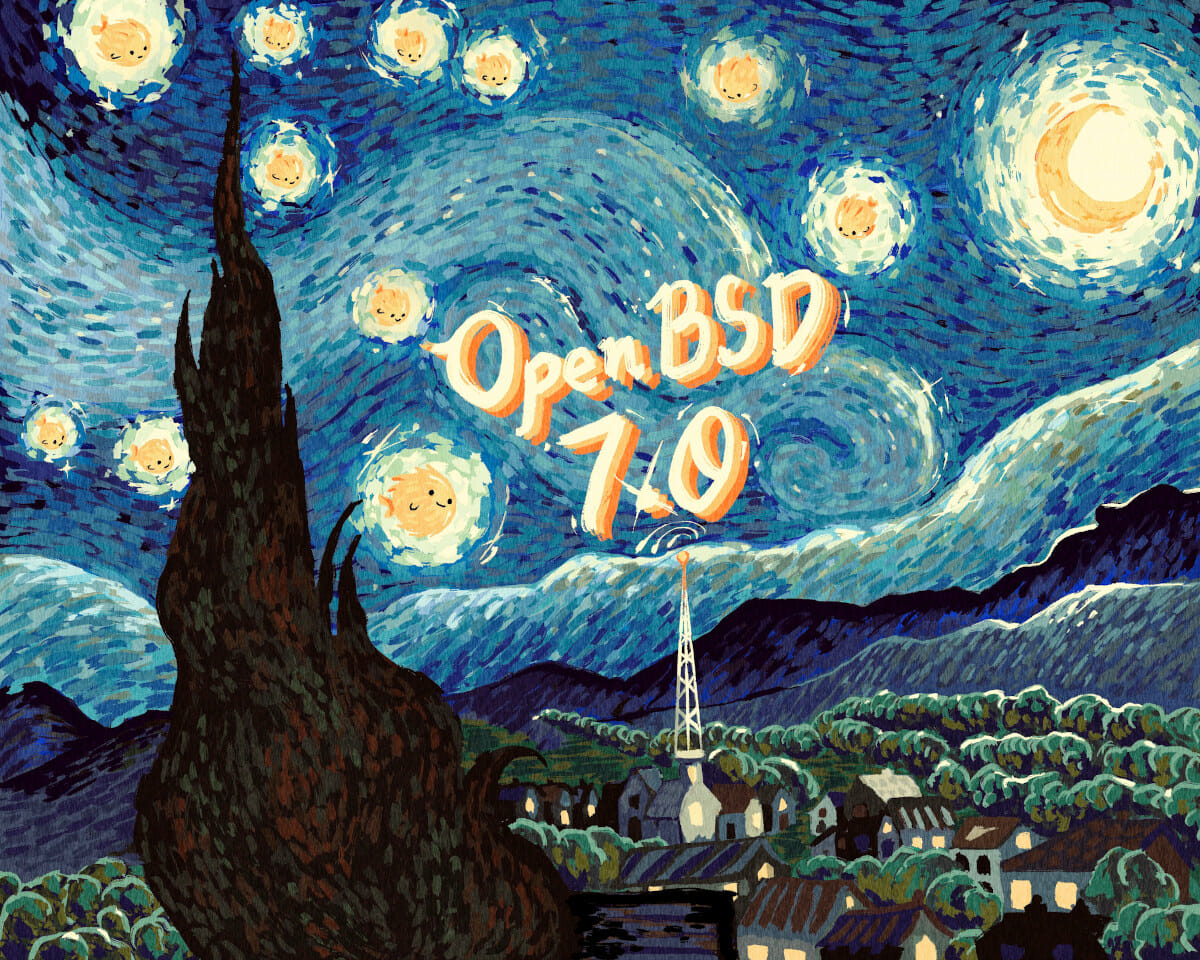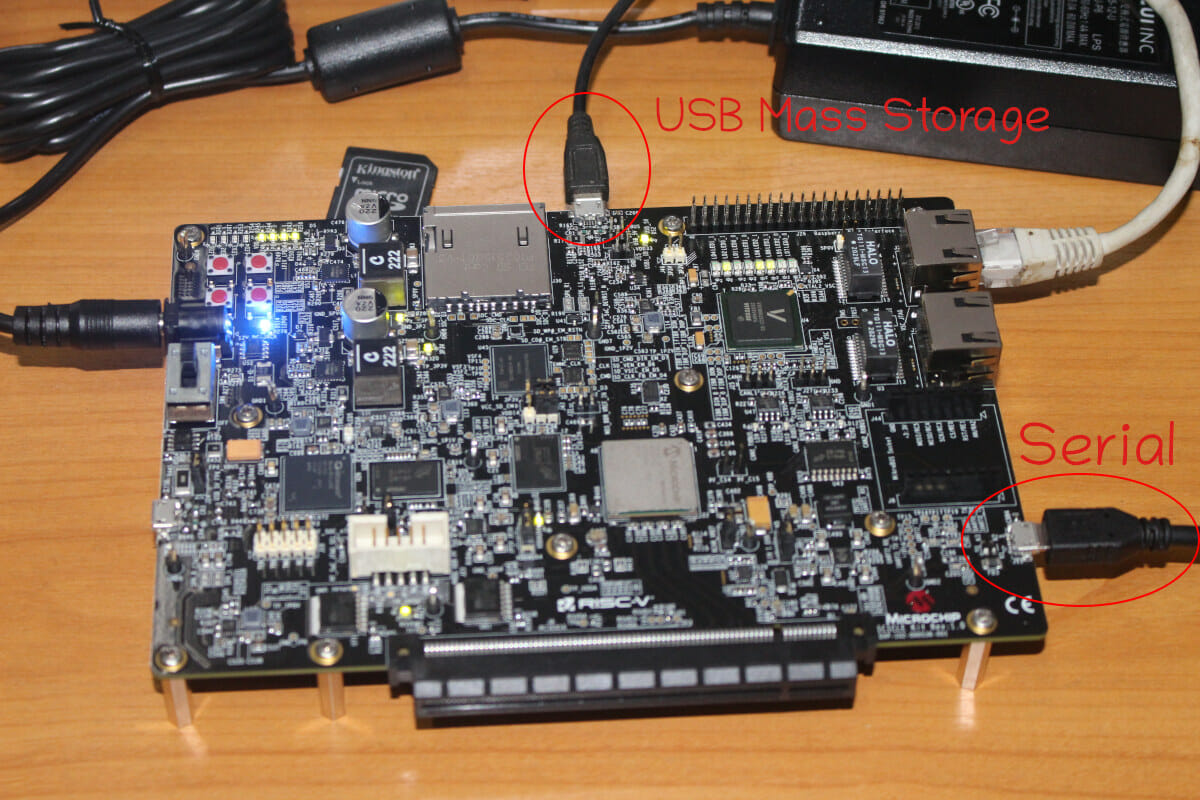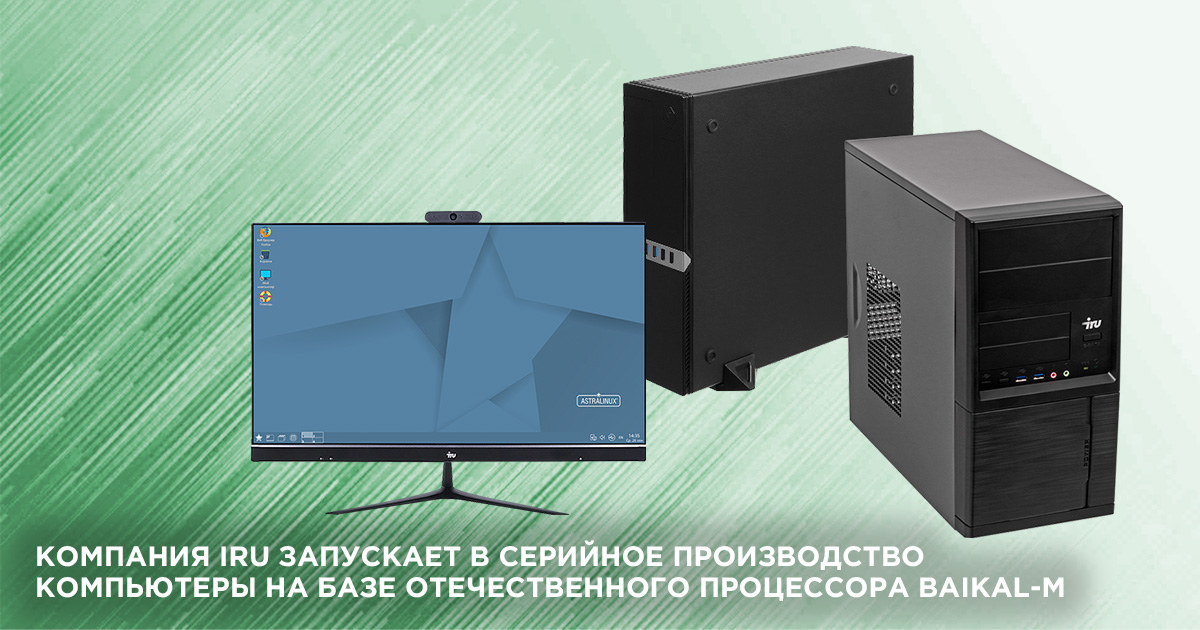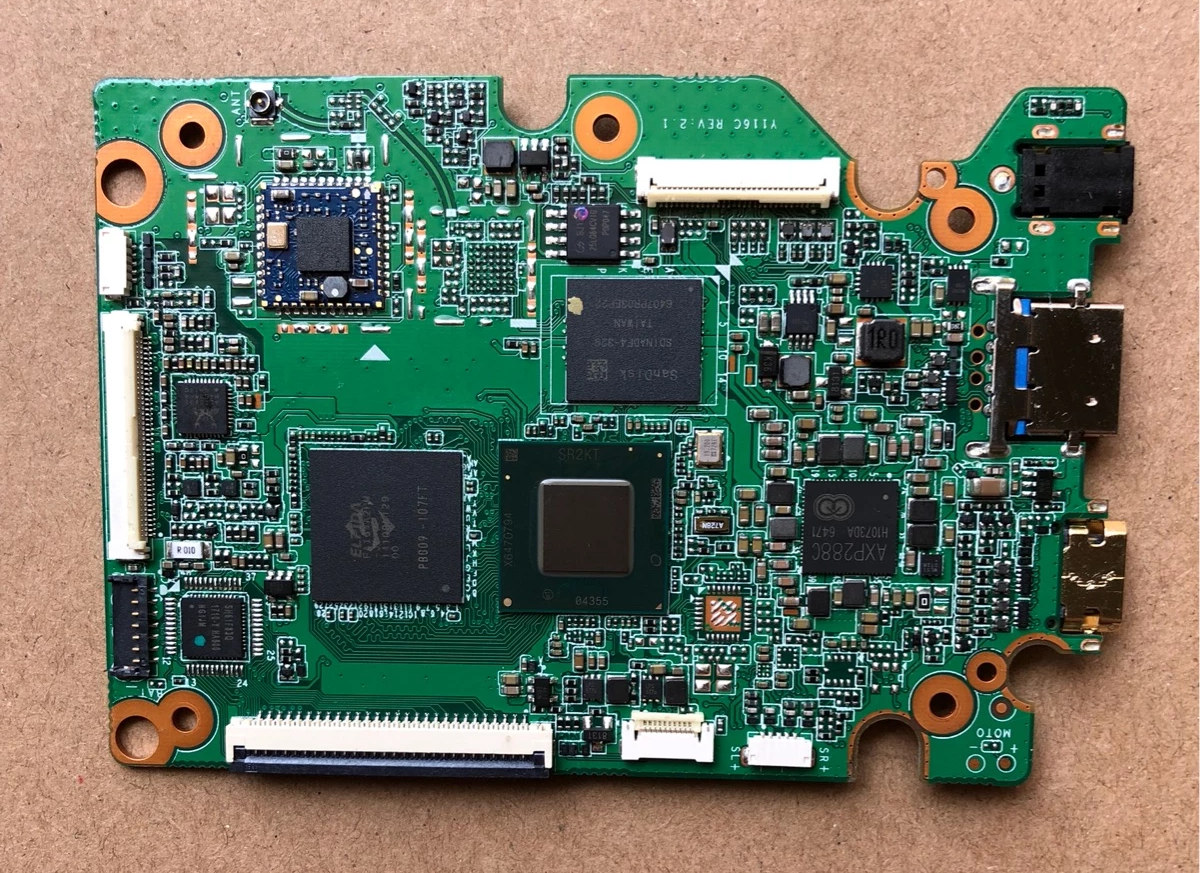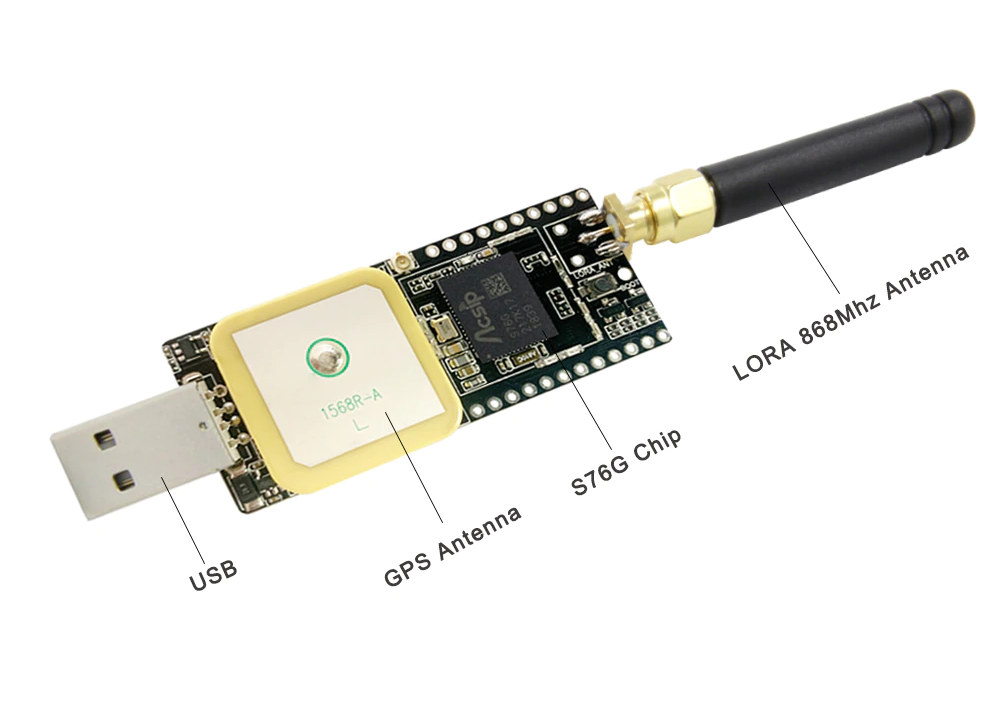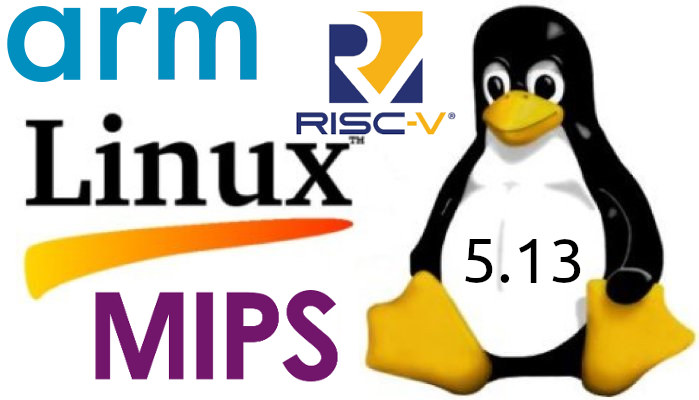My experience installing Libero SoC in Ubuntu and Windows 10
A few weeks ago, I received Microchip PolarFire SoC FPGA Icicle Kit with FPGA fabric and hard RISC-V cores capable of handling Linux. I wrote “Getting Started with Yocto Linux BSP” tutorial for the board, and I had initially titled the current post “Getting Started with FPGA development using Libero SoC and Polarfire FPGA SoC”. I assumed I would write one or two paragraphs about the installation process, and then show how to work with Libero SoC Design Suite to create an FPGA bitstream. But instead, I spent countless hours trying to install the development tools. So I’ll report my experience to let readers avoid some of the pitfalls, and hopefully save time. (Failing to) Install Libero SoC v2021.v2 on Ubuntu 20.04 If we go to the download page, we’ll see Libero SoC v2021.2 for Windows and Libero SoC v2021.2 for Linux. Since my computer is running Ubuntu 20.04, I decided […]


